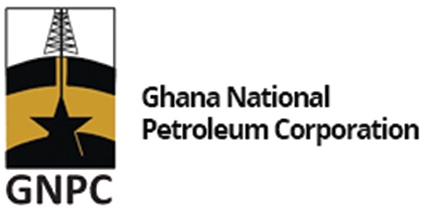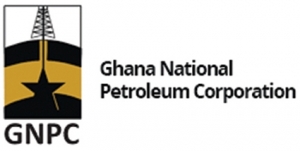Gazprom Signs Landmark LNG Contract in Africa
In the LNG (Liquefied natural gas) sector of Gazprom, a landmark event has just taken place with the signing of a contract with the Ghana National Petroleum Corp (GNPC), the national oil and gas company in Ghana, for the supply of liquefied natural gas.
The news was announced on the website of the President of Ghana, Nana Akufo-Addo. The announcement does not specify the amount or timing of deliveries, but the country's leader described it as "[an agreement] that will play a very important role in the economic life of Ghana."
In turn, the head of the Department for the Foreign Economic Activities of Gazprom, Pavel Oderov, said that Gazprom had signed up “the second largest supplier of the largest LNG contract from the number available in our portfolio."
The amount of the agreement is indirectly evidenced by the fact that it will allow Ghana to save more than $1 billion.
The contract will also help the country to implement the Tema LNG Terminal project, and its energy will receive an additional 1 GW of capacity.
The Tema LNG Terminal was designed to ease Ghana’s significant energy deficit and support the government’s efforts to put a stop to Ghana’s long drawn-out challenges with energy reliability, efficiency and cost.
Ghana already had two agreements signed under the Tema LNG project under the government of the previous president of Ghana, John Mahama. Both contracts were overstated in price and volume.
Gazprom has been actively working to expand its portfolio of LNG contracts. The holding recently held talks with Bahrain on the sidelines of the 22nd World Petroleum Congress, which Turkey won the bid to host in 2017. The WPC is widely recognized as the “Olympics” of the oil and gas industry. The potential of Russian LNG supplies to Bahrain is estimated at 3 million to 6 million tons per year.
Earlier, in the Russian concern, it was noted that the growing markets of Asia, for example, Singapore, Thailand, Pakistan, Vietnam and other countries of the Asia-Pacific region, are also promising directions for the supply of Russian LNG.
Dimitri Dolaberidze











